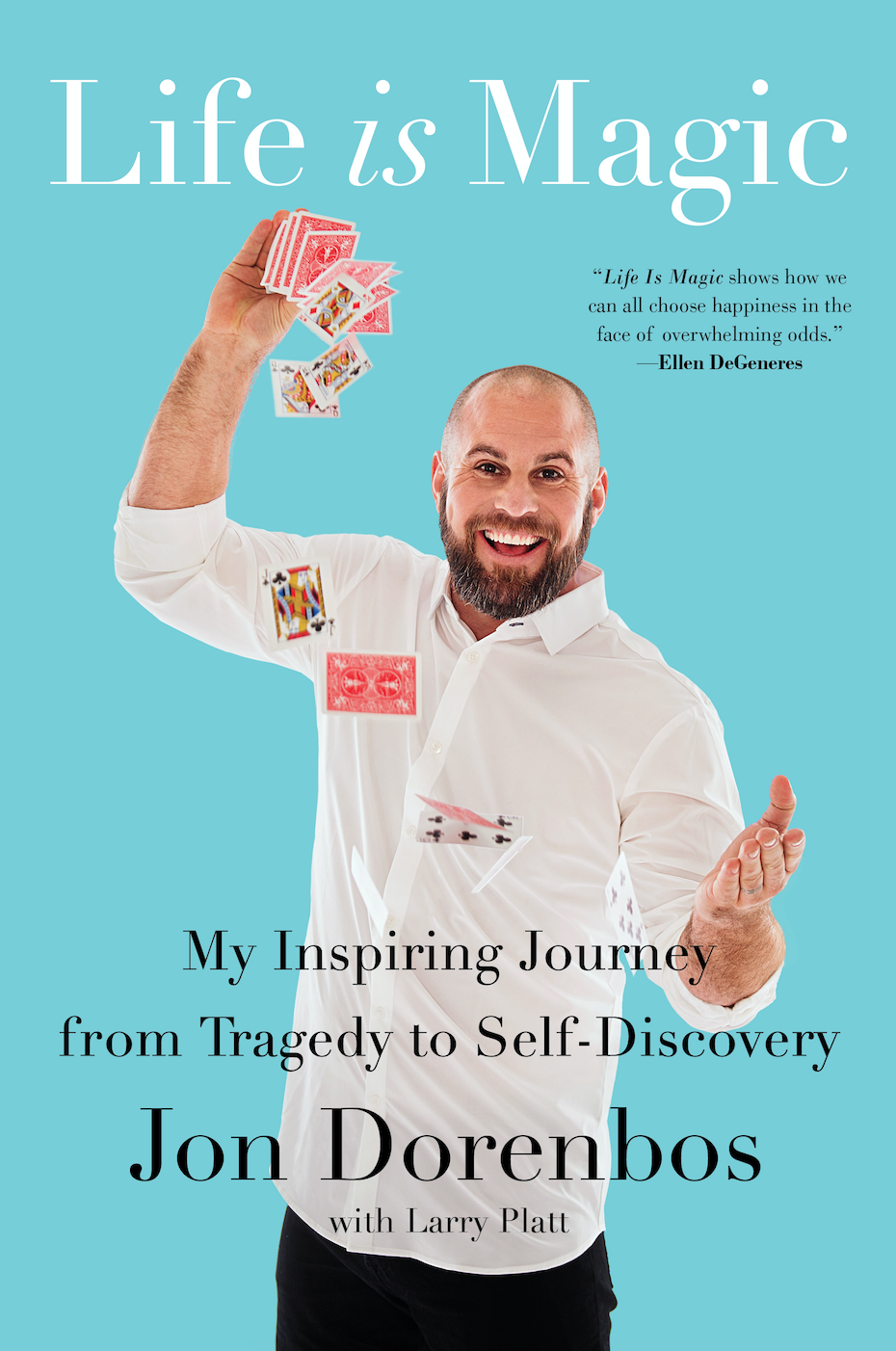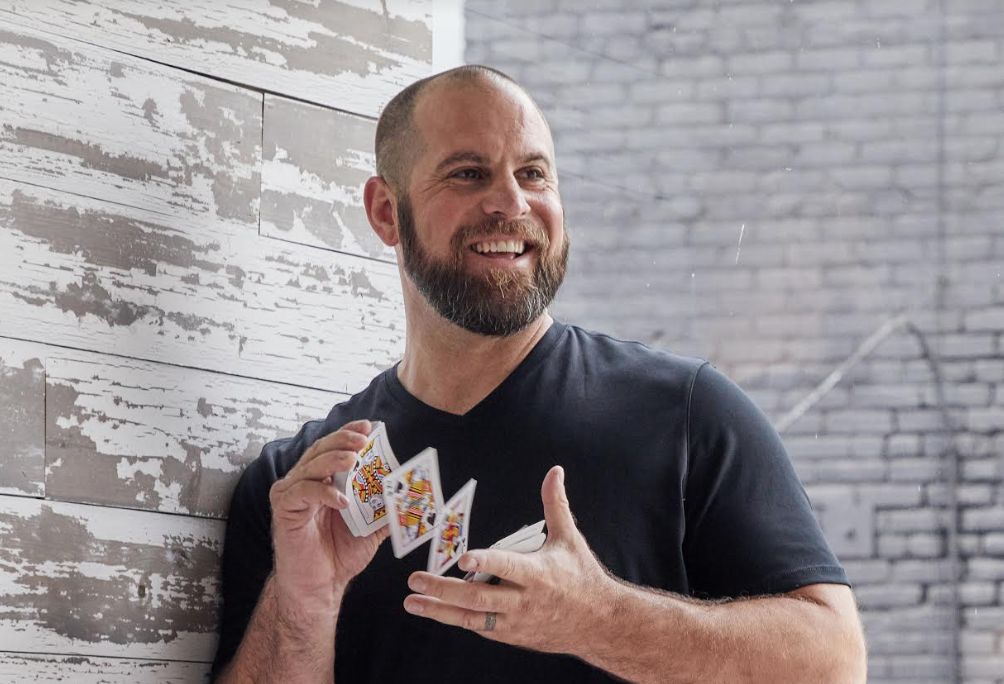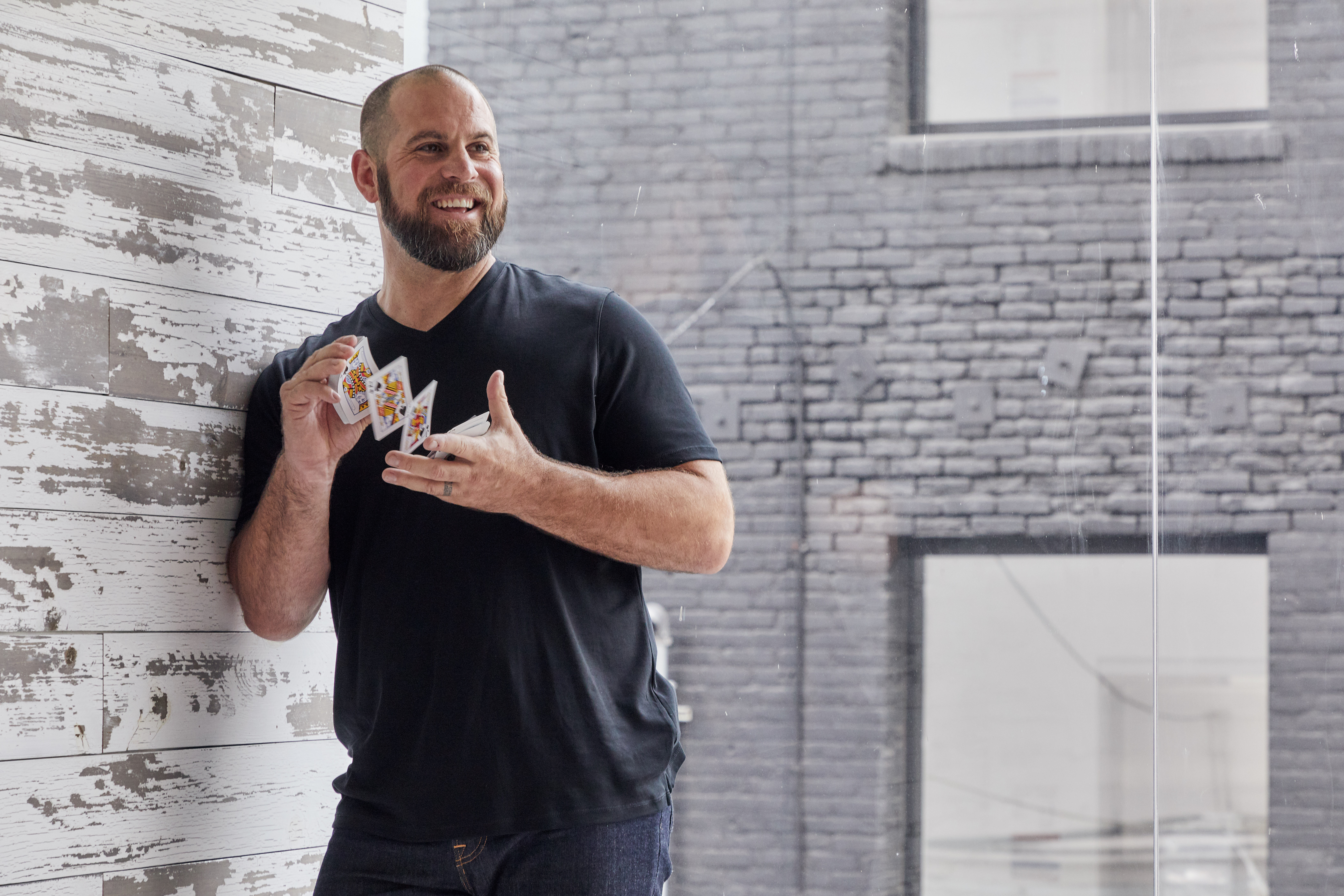Last month, the world was stunned when the teenage brother of victim Botham Jean told Amber Guyger, the former police officer convicted in Jean’s murder, that “if you truly are sorry — I know I can speak for myself— I forgive you.”
Brandt Jean’s forgiveness—and hug—of Guyger came during his victim impact statement, after jurors had sentenced her to 10 years in prison. In interviews afterwards, Brandt Jean said that “each and everyone has steps to get towards actually forgiving. I probably went through those faster than other people.”
I’ve spent a lifetime going through those steps myself—and Jean’s arrival at forgiveness was amazingly quick. For me, getting there was liberating, and it required coming to terms with the idea that we don’t forgive to excuse the acts of others or to absolve responsibility for acts against us. We actually forgive for ourselves—because letting go of bitterness and guilt frees us.
When I was 12, my idyllic childhood was torn apart when my Dad murdered my Mom. Beat her to death in our garage with a bench grinder. Therapy helped me process what had happened, an obsession with magic tricks provided me an escape, and football gave me an outlet to release pent-up emotions. But, even then, something was wrong. By the time I was a big-time college football player, I felt like a cloud was following me everywhere I went. There wasn’t any one thing wrong that I could put my finger on; it felt like I was struggling to get in touch with myself, like there was an emptiness inside.
I didn’t know the answer, but one day, back home for a visit, I was drawn to the sands of Huntington Beach. I found myself sitting cross-legged in the exact spot I’d often return to in the years after Mom’s death. This was our spot, me and Mom. I’d often come to it, right at the base of the lifeguard stand, to hear myself talk to her. Sometimes I’d update her on my life: What girl I was hanging with, how the season was going. Now, having been led to our spot by this vaguely unsettled feeling, I found that the words just started to come, as if on their very own, and it was some real talk.
It was here that I realized part of what I was feeling was …guilt. For years, I’d told people that I’d forgiven my dad. But had I really? To get rid of this cloud over my head meant that I’d have to forgive my dad. Really forgive him. And what I was wrestling with—that cloud—was really fear. To really forgive my Dad, did that mean I was being disloyal to Mom?
I talked to her that day the way I always did, but this time, between tears, I explained myself. I realized I would never forgive my Dad for taking Mom away from me, but I could make a conscious decision to see him as someone who had been lost and who had made a mistake. In that moment, I chose forgiveness. I chose to not let him affect my life anymore. I’d been bearing all this weight and I hadn’t even been aware of it. I didn’t know then just how transformative real forgiveness can be.
I sat there a good while, feeling close to Mom. I broke into a smile when it dawned on me: Mom pulled me here. She wanted to kick me in the ass a little. She wanted to tell me, Dude, there’s something weighing on you. Just let it go.
I talked to her again, “I’m going to be okay, Mom.”
Finally, I stood, and as I walked, I actually felt stronger. I noticed a bounce in my step. I literally
felt lighter. It was a lesson in what real forgiveness can do for you. “The weak can never forgive,” Gandhi said. “Forgiveness is the attribute of the strong.”
Today, I can’t tell you how many people tell me they can’t forgive someone who has wronged them. I tell them to stop keeping score. Forgiving someone doesn’t mean they win. To the contrary: letting go of your resentment frees you. Do it for yourself. This isn’t just a former football-playing meathead telling you this. There’s a whole body of research out there that points to how life- changing forgiveness can be. A 2006 study by the Stanford Forgiveness Project, for example, held that forgiving others helps reduce the stress we put on our immune and cardiovascular systems.
Today, I’m pushing forty and am a new Dad myself. It took me a long time to realize what Brandt Jean instinctively knew at 18一that you don’t have to like what your offender did, or become their friend. That forgiveness is about freeing you. That’s why, just two weeks before my baby girl was born, I needed to see my Dad for the first time since just after his trial and hear myself say the words.
“I forgive you,” I told him.



